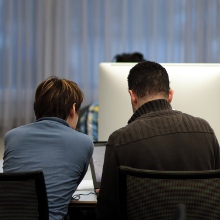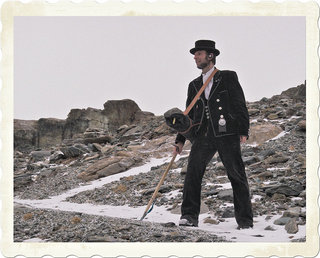 I regularly facilitate Coderetreats - as part of my work as Code Cop and for the local Software Crafters community. To support people organising events in other cities, I run Coderetreat facilitation trainings each year, especially in the months before the Global Day (of Coderetreat). Based on the feedback I get, e.g. Thanks for the training today! Very helpful! I see that these trainings are helpful for people who want to run Coderetreats. Often people ask the same questions, so I decided to record the most common questions. I will publish the recordings as I create them, so it is a podcast. (A podcast is an episodic series of digital audio files that a user can download in order to listen.)
I regularly facilitate Coderetreats - as part of my work as Code Cop and for the local Software Crafters community. To support people organising events in other cities, I run Coderetreat facilitation trainings each year, especially in the months before the Global Day (of Coderetreat). Based on the feedback I get, e.g. Thanks for the training today! Very helpful! I see that these trainings are helpful for people who want to run Coderetreats. Often people ask the same questions, so I decided to record the most common questions. I will publish the recordings as I create them, so it is a podcast. (A podcast is an episodic series of digital audio files that a user can download in order to listen.)Get it here: coderetreat-facilitation.code-cop.org
About
In the podcast I am answering questions about Coderetreat hosting, facilitation and participation. It will help you run Coderetreats, Coding Dojos, hands on meetups and even classic training. Each episode covers two to three questions and takes up to 10 minutes. From time to time I will invite guest facilitators to discuss with me. In the first few episodes I will also cover basic questions about the Coderetreat itself, e.g. What is a Coderetreat?
Frequency
As each episode is short, I plan to release at least two each month. While I am too late for #GDCR19, there should be around 30 questions and answers ready for people who want to help organising the next #GDCR20. That would be like three hours facilitation training. That would be great. Let's see how far I get.
Questions
If you have any questions regarding your Coderetreat, Coding Dojo or hands-on workshop, please send me an email or leave a comment. I will answer the question in one of the next episodes.
Get it here: coderetreat-facilitation.code-cop.org



















